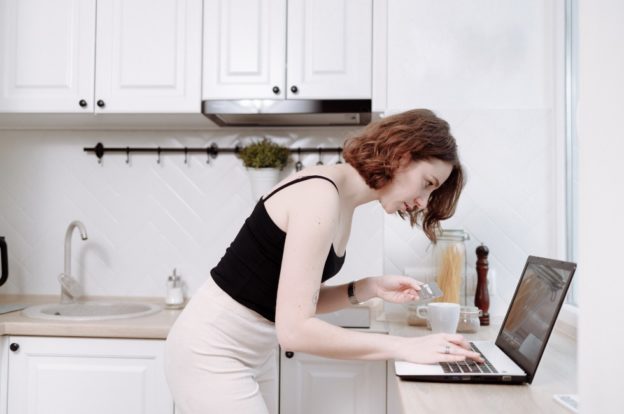One of the benefits of residential treatment is that it gives you the time and opportunity to get your life back on track with essential life skills. While you are learning more about yourself and healing from past trauma and substance abuse, you can also learn healthy new ways of thinking and develop healthy new habits that will help you function better and maintain stability in your life after treatment to help prevent relapse. You can get your life back on track by developing important life skills.
Developing Your Self-Awareness
The most important life skill you can cultivate during treatment is self-awareness. Too often, in active addiction, you can lose track of who you are, your values, and how you impact other people around you. You can even lose awareness of your own body and your basic abilities to engage in the world around you through sensory experiences.
As you remove the substances and peel back the layers of shame and guilt to begin healing in therapy, you can also develop an awareness of who you are again. You can find a sense of what your strengths and weaknesses are and build your self-esteem. By focusing on your core values, you can align your actions with your values and learn to become accountable for your actions. As you continue your healing journey, you can also learn what it means to be in your body again.
Improving Communication and Interpersonal Skills
During the treatment process, you will experience both group and individual therapy, where you will be able to improve your communication and interpersonal skills. Part of this process will hinge on learning to communicate well with your therapist and other staff during treatment.
Developing better communication skills will help you be authentic and effective in your interactions with others and be true to yourself. Being true to yourself can help you maintain your sobriety. Improving your interpersonal skills can help improve your existing relationships and help you build healthy new relationships.
Learning to Make Healthy Decisions
Poor self-control and decision-making are hallmarks of active addiction. Working in treatment, you will be able to address the reasons behind these behaviors. Through therapy, you will be able to look at how you make decisions and what you can do to change the way you have been thinking and making decisions.
By developing self-control and learning to work through cravings and triggers, you will find that you have more power than you think over your emotions and reactions to situations around you. As you improve your self-control, you will also be able to make healthier decisions.
Looking at Your Budgeting Skills
Finances are often problematic for those in active addiction. However, in treatment, you will be given information to help you improve your budgeting skills. Taking this opportunity to look at how you manage your money can be crucial, particularly if you have debts, legal fees, or will need to generate a new source of income when you have completed your treatment. Even if your financial situation seems overwhelming, looking at your budgeting skills is an important life skill to have going forward.
How Do You Care For Your Body?
Part of becoming self-aware is learning to live in your body again, and part of learning to live in your body is learning to care for your body. This means focusing on developing good sleeping habits, ensuring that you are eating three meals a day plus snacks, and helping your body gently heal with body movements like trauma-informed yoga.
Long-term substance abuse can take its toll on your body, and learning to care for your body is part of the healing process. Caring for your body can also help to counteract the side effects of substance abuse. Learning new, healthy habits to care for your body while in treatment are essential life skills to help you mentally and physically heal from substance use disorder (SUD) and prevent relapse.
Caring for Your Soul With Self-Care
In addition to your daily routines, you can help heal your soul by taking time for self-care every day. This type of self-care is something that you do for yourself every day that helps you feel alive and feeds your passion. Make time just for you, for something that brings you joy. You do not necessarily need to spend any money; simply invest the time to do something that tells yourself and others that you are important and deserve this time for yourself. Making time for self-care feeds your soul and helps you have more energy to give to others.
Learning essential life skills during residential treatment for addiction can help you get your life back on track. From developing self-awareness to improving communication and interpersonal skills and learning to make healthy decisions, you can empower yourself to be more authentic as you heal. Looking at your budgeting skills, self-care, and how you take care of your body will help you heal more powerfully as you recover. The Ho Tai Way – Recovery For Women is a detox and residential treatment center for women located in Costa Mesa, California. We help you heal from substance abuse and learn important life skills to help you be successful in your recovery. Our staff are compassionate and non-judgmental and offer trauma-informed care for your healing. What are the life skills you need most? Call us at (714) 581-3974 to find out more about how we can help you.









